Medical care. Course+compendium volume 1,2. Model course 1.15
Since its inception the International Maritime Organization has recognized the importance of human resources to the development of the maritime industry and has given the highest priority to assisting developing countries in enhancing their maritime training capabilities through the provision or improvement of maritime training facilities at national and regional levels. IMO has also responded to the needs of developing countries for postgraduate training for senior personnel in administration, ports, shipping companies and maritime training institutes by establishing the World Maritime University in Malmo, Sweden, in 1983.
Following the earlier adoption of the International Convention on Standards of Training, Certification and Watchkeeping for Seafarers, 1978, a number of IMO Member Governments had suggested that IMO should develop model training courses to assist in the implementation of the Convention and in achieving a more rapid transfer of information and skills regarding new developments in maritime technology. IMO training advisers and consultants also subsequently determined from their visits to training establishments in developing countries that the provision of model courses could help instructors improve the quality of their existing courses and enhance their effectiveness in meeting the requirements of the Convention and implementing the associated Conference and IMO Assembly resolutions.
In addition, it was appreciated that a comprehensive set of short model courses in various fields of maritime training would supplement the instruction provided by maritime academies and allow administrators and technical specialists already employed in maritime administrations, ports and shipping companies to improve their knowledge and skills in certain specialized fields. IMO has therefore developed the current series of model courses in response to these generally identified needs and with the generous assistance of Nonway.
These model courses may be used by any training institution and the Organization is prepared to assist developing countries in implementing any course when the requisite financing is available
Contents
Foreword
Introduction
Part A: Course Framework
Part B: Course Outline and Timetable
Part C: Detailed Teaching Syllabus
Part D: Instructor Manual
Attachment: Guidance on the implementation of model courses
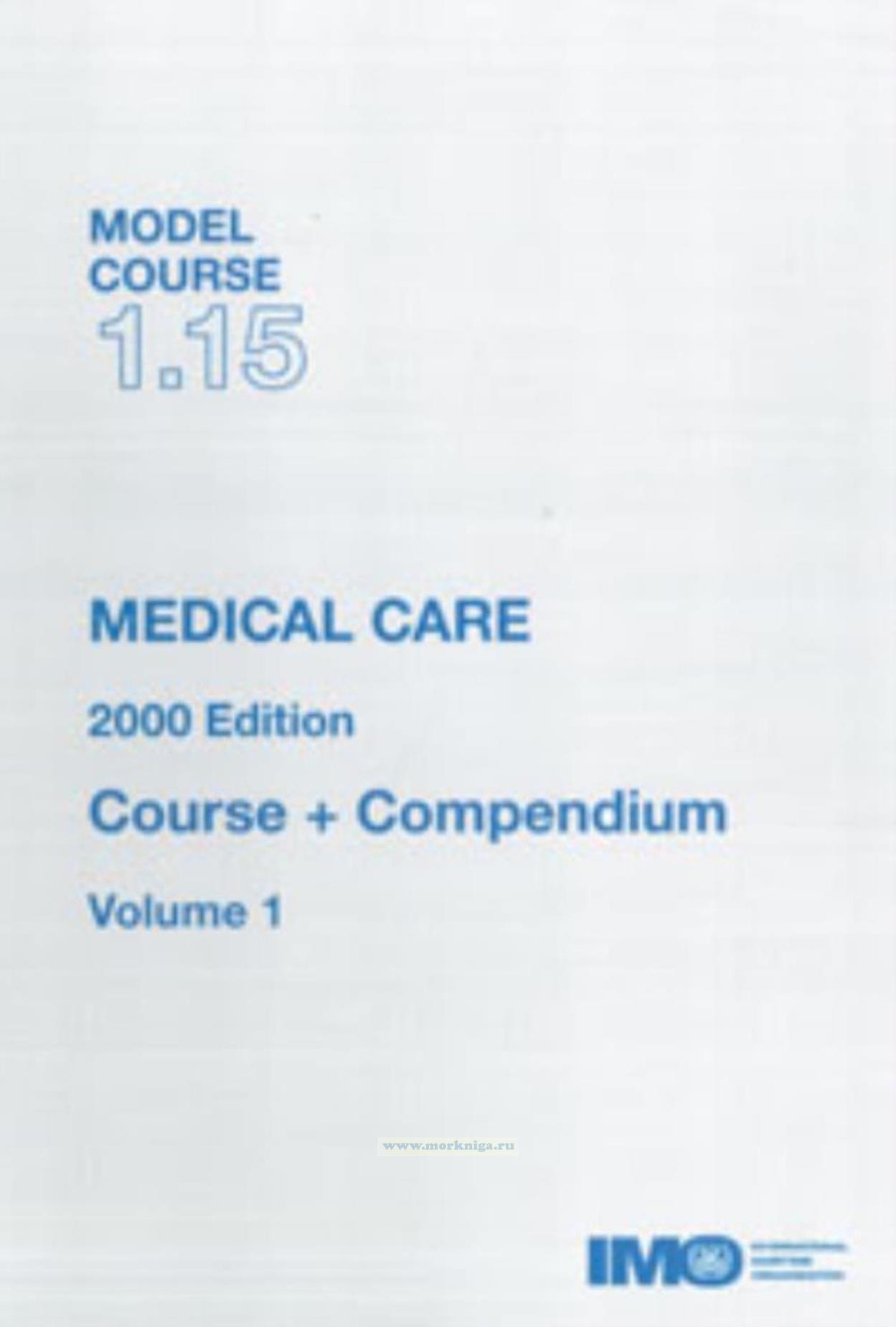
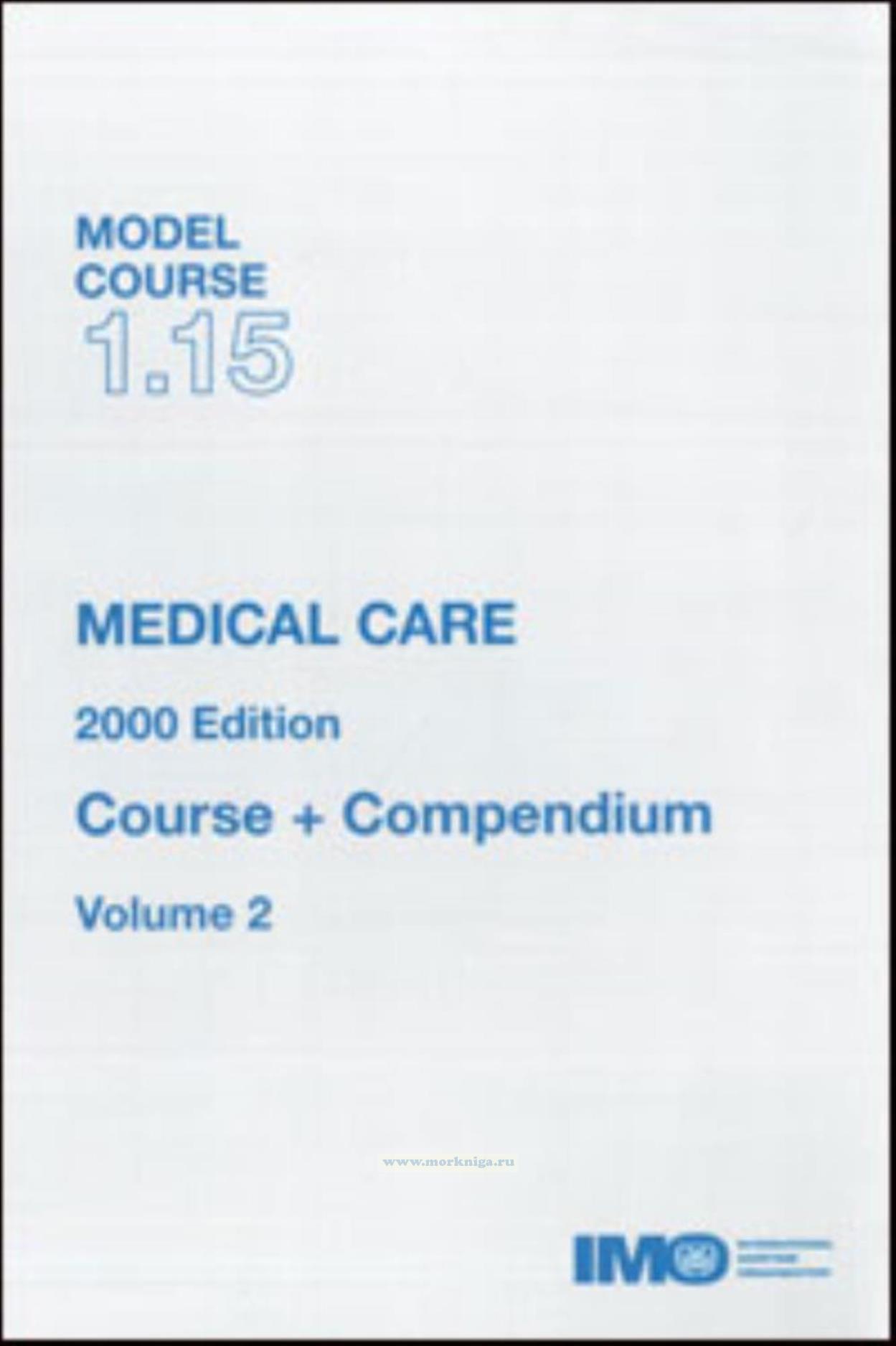
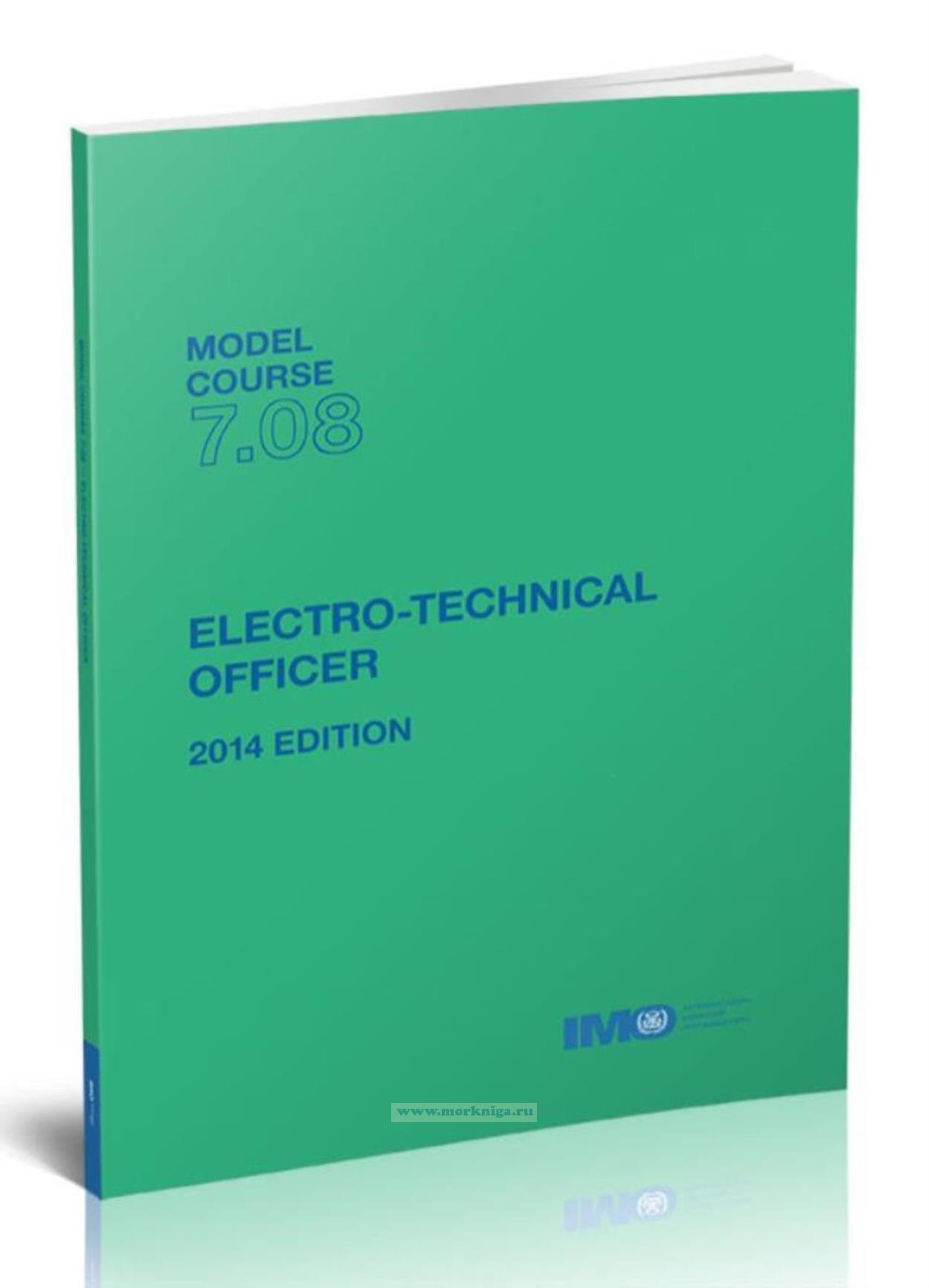 Electro-technical officer. Model course 7.08
Electro-technical officer. Model course 7.08 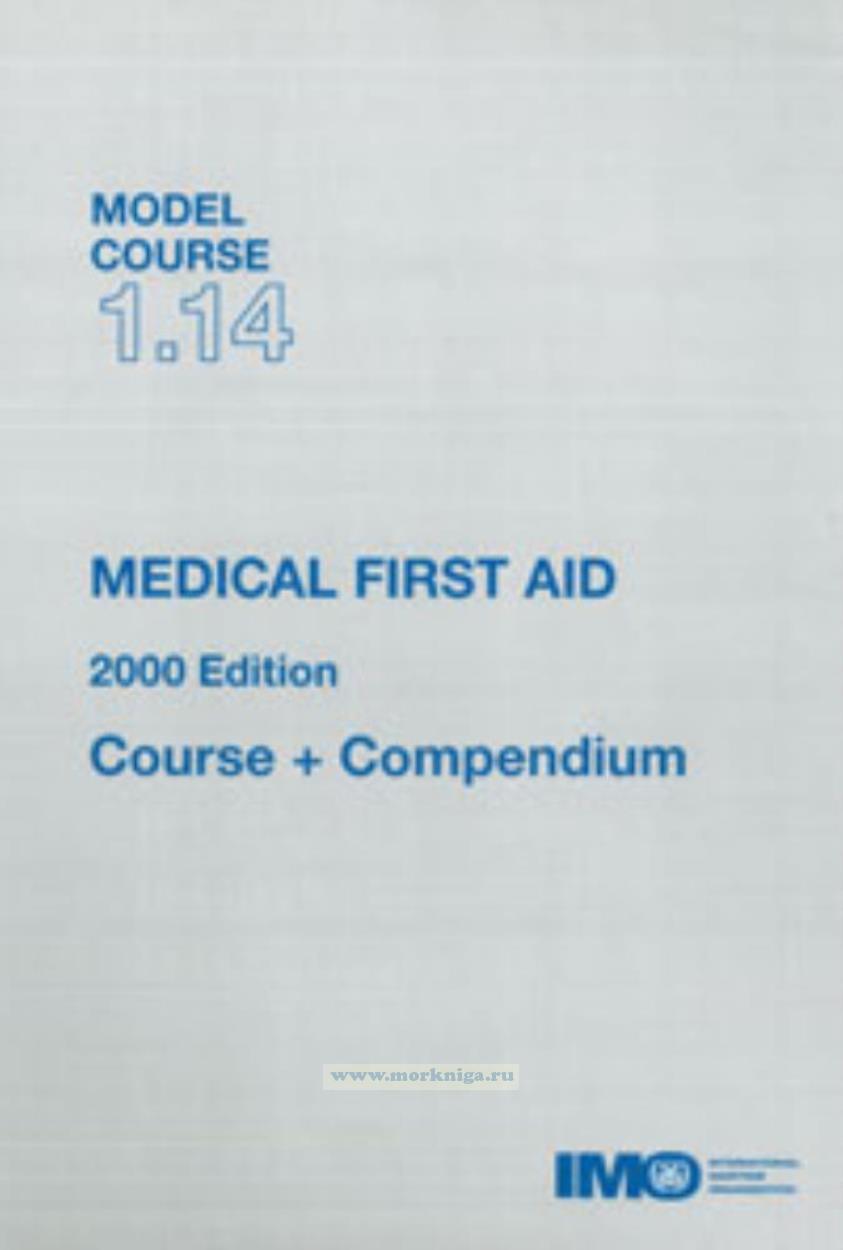 Medical first aid. Model course 1.14
Medical first aid. Model course 1.14 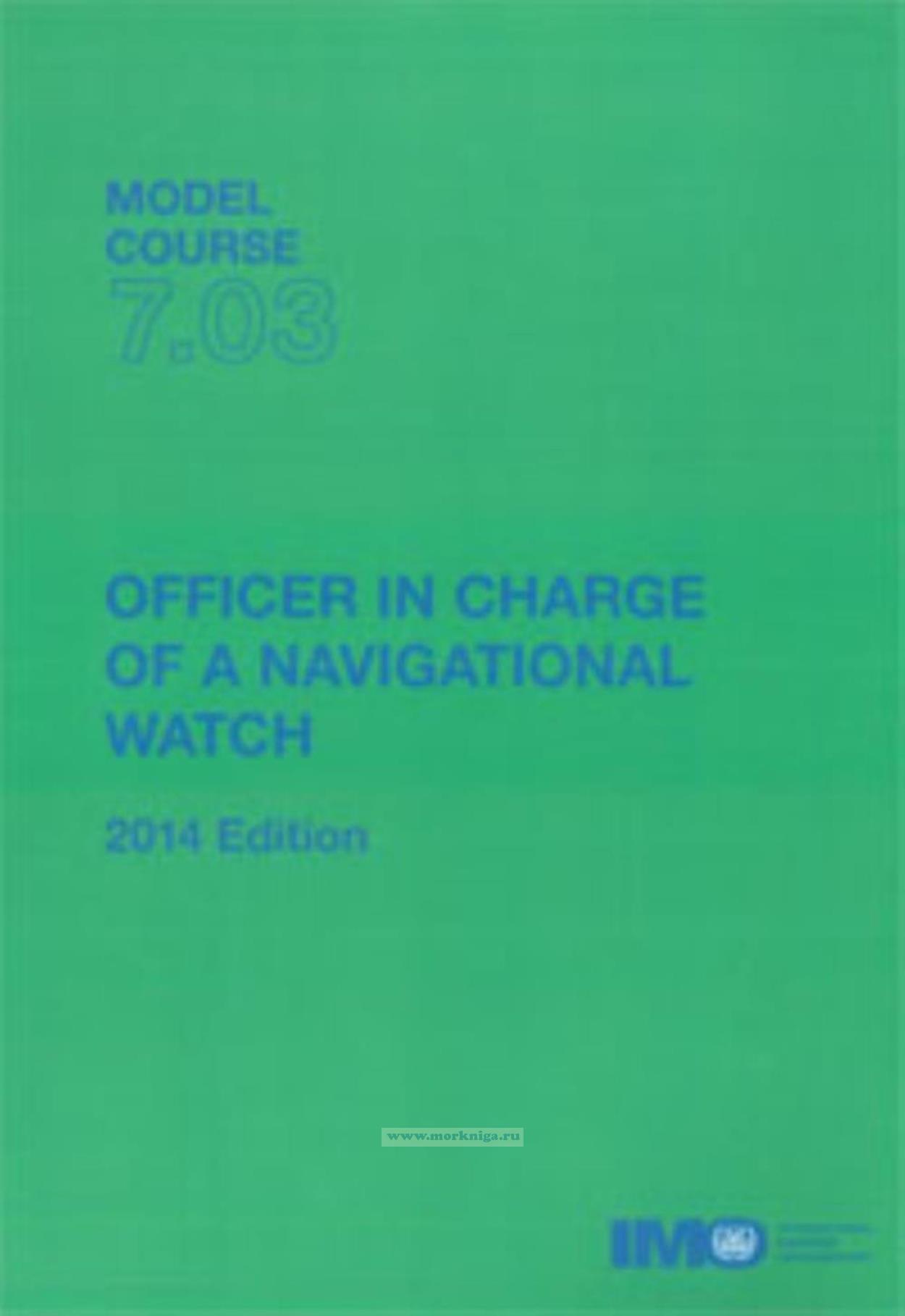 Officer in charge of a navigational watch. Model course 7.03
Officer in charge of a navigational watch. Model course 7.03